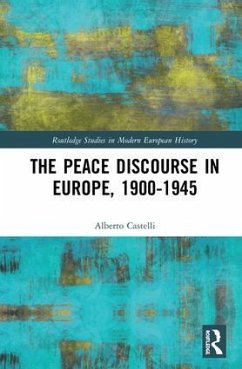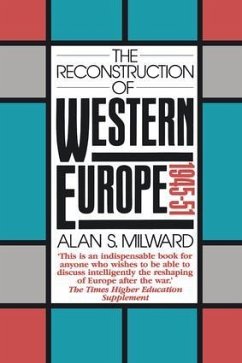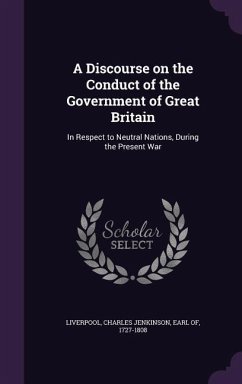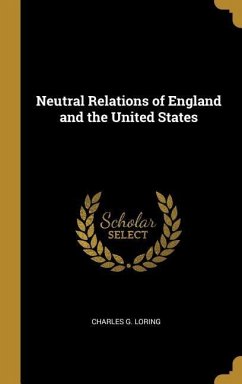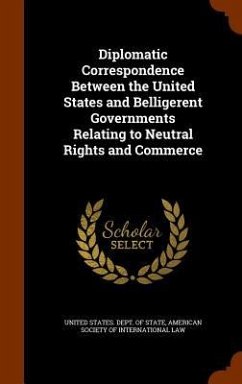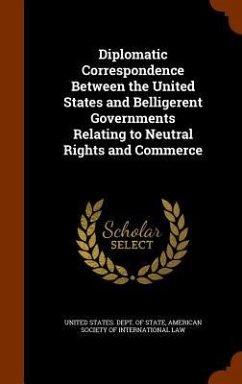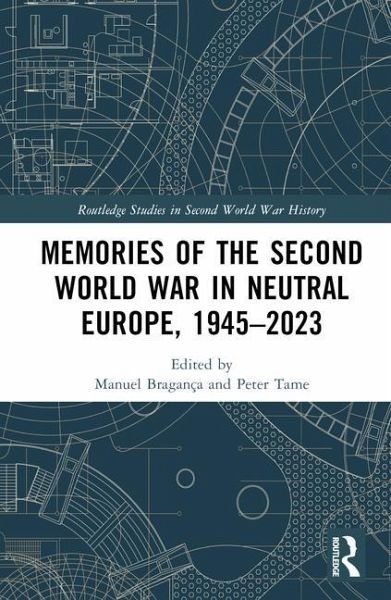
Memories of the Second World War in Neutral Europe, 1945-2023
Versandkostenfrei!
Versandfertig in 1-2 Wochen
171,99 €
inkl. MwSt.
Weitere Ausgaben:

PAYBACK Punkte
86 °P sammeln!
The book focuses on the six major European countries and states that remained officially neutral throughout the Second World War, namely Ireland, Portugal, Spain, Sweden, Switzerland, and the Vatican.







